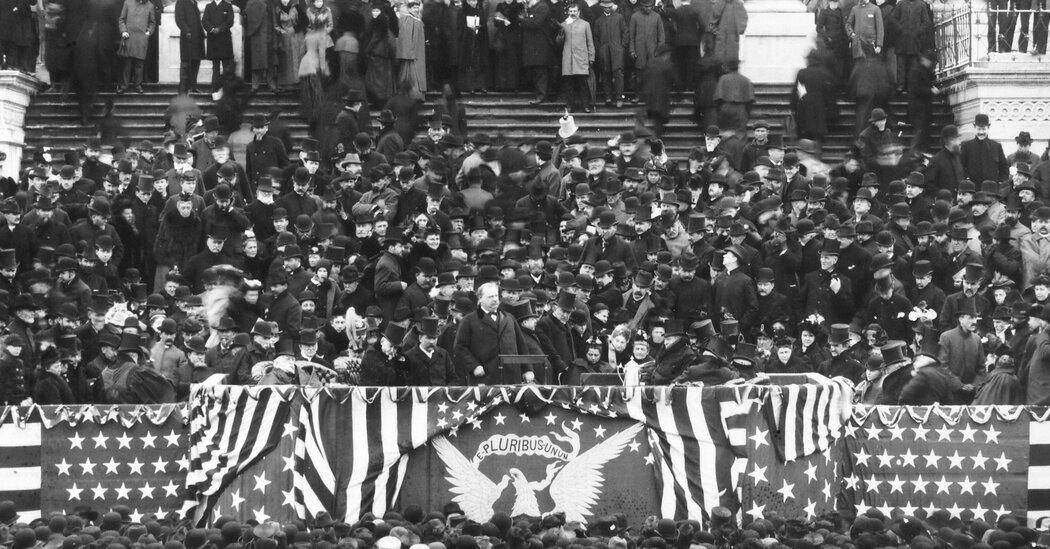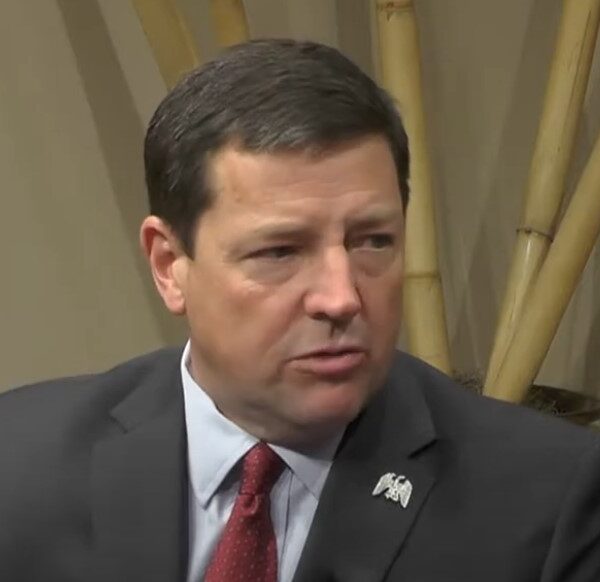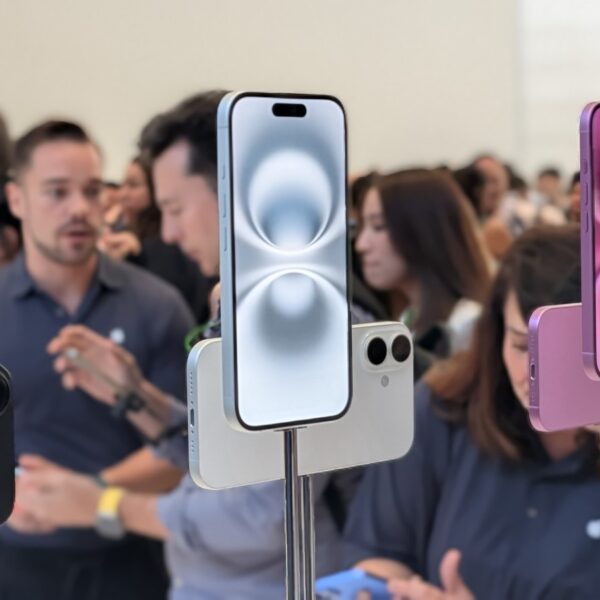A once-defeated president is headed back to the White House. He’s a populist New Yorker who won a popular-vote plurality and scored an Electoral College landslide. He flipped states he lost four years earlier and gave his party full control of Washington. The race scrambled political allegiances, with some voters splitting their tickets. Tariffs were a key issue.
That paragraph describes the 2024 election. It also describes 1892, the only other time that an American president has won a second, nonconsecutive term. That year, Grover Cleveland, a Democrat, defeated President Benjamin Harrison, the Republican who had beaten him.
Today’s newsletter looks at The Times’s coverage of that particular moment 132 years ago — and its surprising echoes in Donald Trump’s return today.
“President Once Again,” said The Times’s front-page headline about Cleveland’s inauguration. “The people made a mistake in not electing Mr. Cleveland in 1888, and they have been confronted with evidence of this mistake for the last four years,” one reader wrote in a letter to the editor.
Before Cleveland’s inauguration, stories speculating about who might fill his second administration filled the paper. As with Trump, some appointees were loyalists. The Times described Cleveland’s postmaster general and secretary of war as “unwaveringly faithful to the aims that Mr. Cleveland himself has pursued.” His choice for interior secretary had stuck with Cleveland even as other Democrats opposed his third presidential bid.
Cleveland’s aides would help him with his biggest governing priority: lower tariffs. Republicans had raised them to protect U.S. industries, lifting prices and triggering the backlash that brought Cleveland back to power.
Some appointees, though, were converts. Trump’s decision to nominate Robert F. Kennedy Jr. and Tulsi Gabbard, two former Democrats, riled some Republicans. Cleveland likewise shocked Democrats by choosing a longtime Republican who had backed him during the campaign to be secretary of state. “The country can furnish enough men who are Democrats to run the government under a Democratic administration,” one of Cleveland’s co-partisans groused.
Yet, just as many Republicans have rallied around Trump’s unorthodox picks, many Democrats gave Cleveland a pass. One party official proclaimed that Cleveland’s choice was “a good enough Democrat for me.”
Well-wishers and favor-seekers flocked to meet with Cleveland after his win. Trump has Mar-a-Lago and his golf clubs; Cleveland had a house and a law office in New York City as well as a cottage in Lakewood, N.J. For months, Cleveland welcomed friends, cabinet hopefuls, former officials, party insiders, ladder-climbers and journalists (including Adolph Ochs, The Times’s future publisher).
Spoils of victory
Many business leaders celebrated Trump’s win; their predecessors reacted similarly to Cleveland’s. His supporters felt like “part of a conquering army,” The Times reported. Republican businessmen “took on an air of acquiescence which indicated that, while they were not great as prophets, everything was all right anyway.”
A gracious loser
After Trump’s win, President Biden hosted him at the White House. Harrison, the departing president who had also defeated his successor four years earlier, took a similar approach. He sent Cleveland a letter “proffering the hospitalities of the White House,” and they rode to Cleveland’s inauguration together.
The incoming president was “escorted back to the place he vacated by the man for whom he had given up the White House,” The Times wrote. It was “an association that is not likely to be again witnessed in the history of the country.” That prophecy was wrong.
History turns, again
Then as now, much of the country predicted success for the incoming administration. The Times assessed that voters had given Cleveland “a clear, intelligible and intelligent mandate,” akin to the “unprecedented and powerful mandate” Trump claims today. Cleveland’s former Navy secretary called it “a popular uprising” that “breaks the back of the Republican Party.”
Cleveland, like Trump, was not above crowing. In a speech to allies, he celebrated “a stupendous and complete triumph.”
It was not to last. The country soon fell into a depression, which Harrison’s policies likely helped bring on. It consumed much of Cleveland’s term, dealt Democrats a landslide defeat in the midterms and handed Republicans the presidency in 1896. For a while, voters turned on Cleveland’s party. A Democrat would not occupy the White House for another 16 years.
THE LATEST NEWS
New Orleans Attack
-
In a deal with Islamist parties, Pakistan is abandoning a requirement that religious seminaries — which Western officials see as a threat — register with the government.
-
Kenyan officials are investigating the origin of a half-ton piece of space junk that crashed in a remote village.
Other Big Stories
Opinions
Palestinians are going through a catastrophe. But they still have their most powerful tool: international support, Khaled Elgindy writes.
Family treasures: Read the story of fine china in the U.S., as seen through a dinner set passed down through five generations of women.
Lives Lived: Rosita Missoni, with her husband, Ottavio, built a luxury brand on a foundation of colorful striped and zigzagged knitwear. Their clothing helped make Milan a capital of Italian high fashion. She died at 93.
SPORTS
N.B.A.: The Miami Heat star Jimmy Butler has requested a trade, a league source said.
N.F.L.: The Jets interviewed the former Panthers and Commanders coach Ron Rivera for their vacant head-coaching job and the ESPN analyst Louis Riddick for the open general manager role.
ARTS AND IDEAS
Modern religious leaders are experimenting with artificial intelligence in the same way earlier generations did with television and the internet. However, the use of the technology in religious settings has raised ethical questions. Read about the debate.














